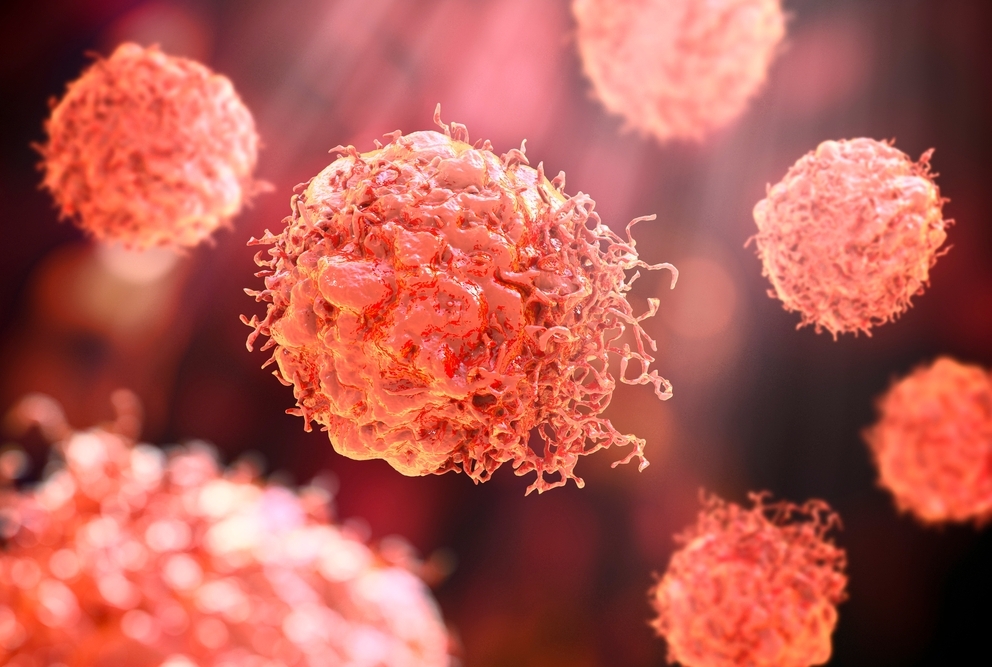A large clinical trial among people living with HIV has found that treating anal precancerous lesions cuts the risk of developing anal cancer by 57 percent compared with active monitoring with no treatment.
The ANCHOR study, published June 16 in the New England Journal of Medicine, was conducted at 25 clinical trial sites across the United States, including the Cornell HIV Clinical Trials Unit in the Division of Infectious Diseases at Weill Cornell Medicine, in collaboration with the institution’s Sandra and Edward Meyer Cancer Center. The findings highlight the need for screening and treating the lesion, called high-grade squamous intraepithelial lesions (HSIL), to become the standard of care for people 35 years or older who are living with HIV.
Anal cancer is caused by human papillomavirus (HPV) infection and is preceded by HSIL. Prior to these results there was not evidence-based standard of care for anal HSIL. While it is relatively rare in the general population, anal cancer is the fourth most common cancer among people living with HIV.
The phase 3 trial included 4,459 participants 35 years and older who were living with HIV and had biopsy-proven anal HSIL. They were randomly assigned to receive either treatment, which most often involved a quick, office-based procedure called electrocautery that uses heat to destroy abnormal tissue, or active monitoring and no treatment of HSIL. All participants underwent high-resolution anoscopy (HRA) at least every six months during which biopsies were performed of all suspected HSIL every six months in treatment group, and no less than annually in the active-monitoring group. Suspected cancer was biopsied at any time during the study.
After a median follow-up of 26 months, only nine people in the treatment group developed anal cancer, compared with 21 people in the active monitoring group—a 57 percent reduction. The study procedures were well tolerated with very few study-related adverse events.
While HPV vaccination during early adolescence effectively prevents the development of anal HSIL, there is an urgent need for screening and treatment programs for older individuals who are already exposed to anal HPV, the authors wrote.
The study was funded by the National Cancer Institute, part of the National Institutes of Health.
Study authors: Dr. Timothy Wilkin and Dr. Grant Ellsworth
Many Weill Cornell Medicine physicians and scientists maintain relationships and collaborate with external organizations to foster scientific innovation and provide expert guidance. The institution makes these disclosures public to ensure transparency. For this information, see profile for Dr. Timothy Wilkin.

